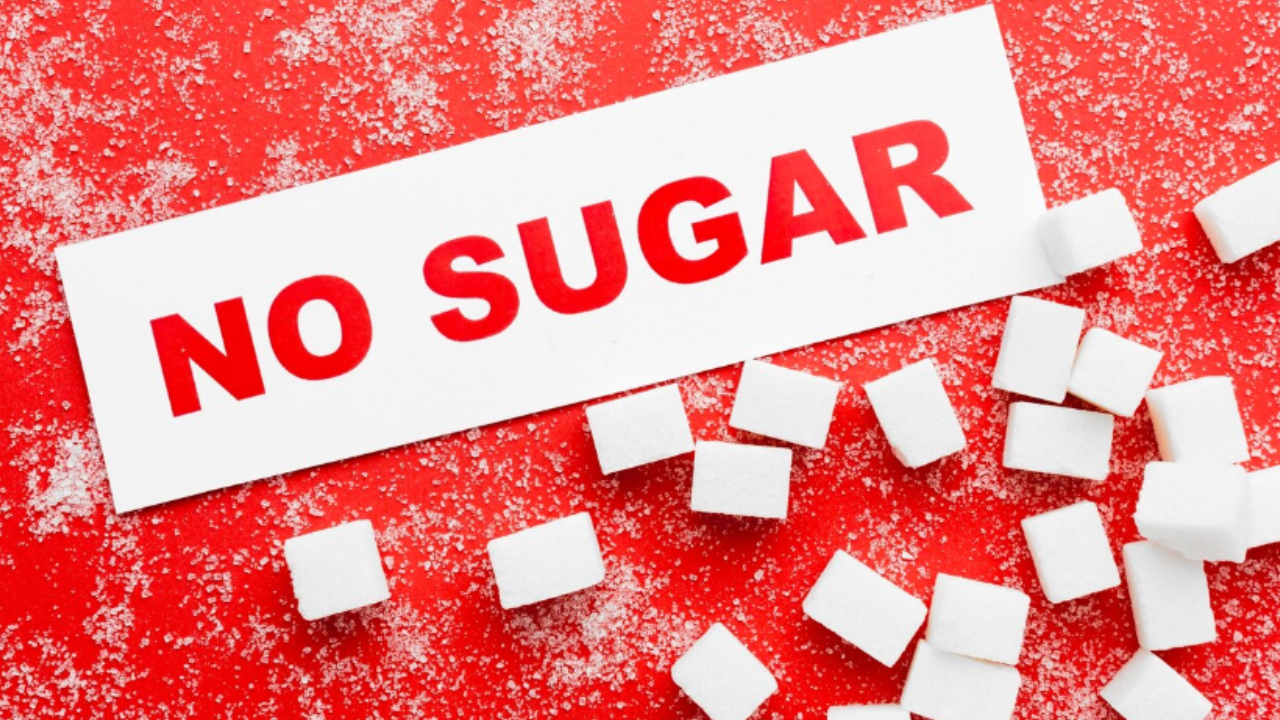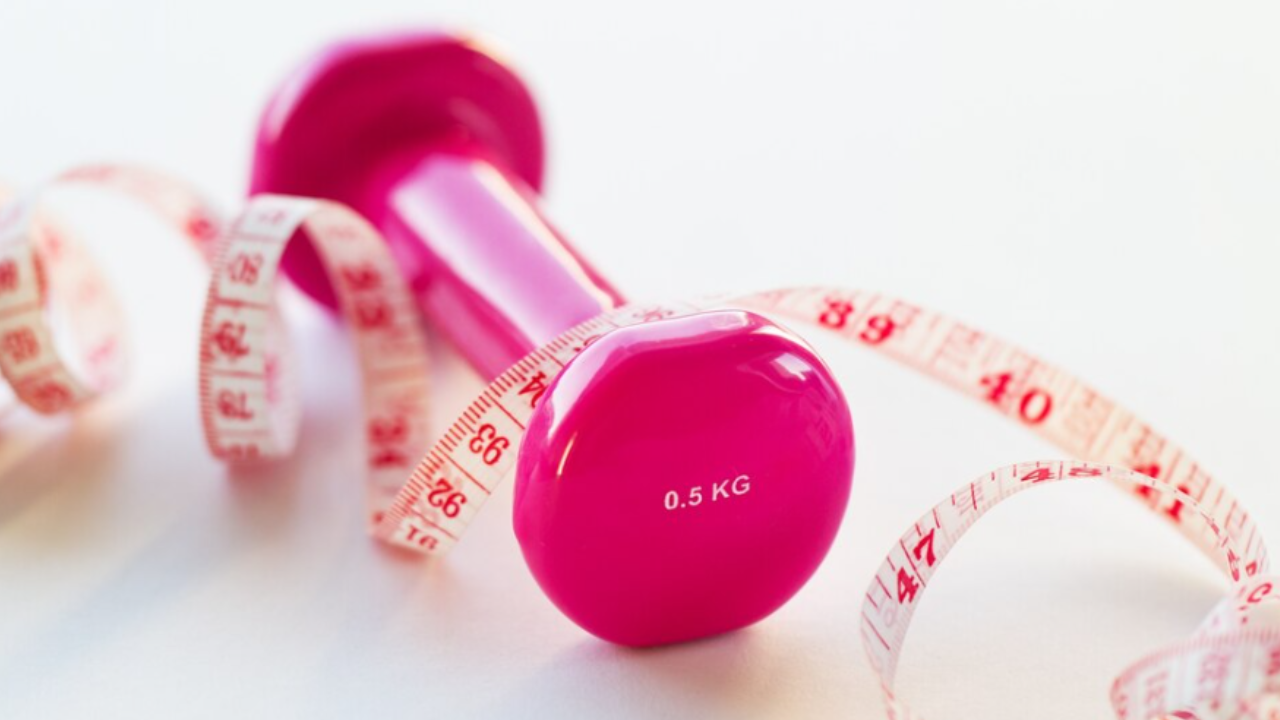The shift toward healthier living has influenced many beverage choices, sparking debate on whether zero-sugar sodas offer a viable alternative to regular, sugar-filled sodas.
For years, the public has been concerned about the impact of sugary drinks on health, with links to obesity, diabetes, heart disease, and other chronic conditions. But does switching to zero-sugar sodas truly bring a positive change, or does it merely replace one potential health risk with another?
Benefits and drawbacks of zero-sugar sodas, the potential health impacts of artificial sweeteners, and whether the switch from traditional to zero-sugar sodas is genuinely beneficial.
Table of Contents
1. The Appeal of Zero-Sugar Sodas
Zero-sugar sodas, also known as diet sodas, offer the same taste experience as regular sodas without the sugar content. They’ve become highly popular due to concerns about weight gain and the health effects of high-sugar diets. For many, zero-sugar sodas seem like the ideal solution: they can enjoy a sweet, refreshing drink without worrying about the calorie load or sugar-related health risks. But the appeal extends beyond weight-conscious individuals; even those without weight concerns are increasingly opting for zero-sugar options.
Key Benefits of Zero-Sugar Sodas
- Reduced Caloric Intake: With obesity being a global concern, lowering daily caloric intake is critical. Zero-sugar sodas provide a way to enjoy a sweet beverage without adding to the calorie count.
- No Sugar Spikes: Since they contain no actual sugar, zero-sugar sodas don’t cause the sudden blood sugar spikes associated with regular sodas.
- Better Oral Health: Sugar is a significant contributor to tooth decay and cavities. By switching to zero-sugar options, people may protect their teeth from harmful sugars.
2. How Zero-Sugar Sodas Work

Zero-sugar sodas use artificial or natural sweeteners to replicate the taste of sugar. Common artificial sweeteners include aspartame, sucralose, and acesulfame potassium. These sweeteners are far sweeter than sugar, meaning only a tiny amount is needed to create the desired sweetness without adding calories.
In recent years, the rise of naturally derived sweeteners like stevia and monk fruit has provided alternative options. These sweeteners are derived from plants and are perceived as more “natural,” though they still involve processing to achieve the desired taste and consistency in sodas.
Common Sweeteners in Zero-Sugar Sodas
- Aspartame: Often used in diet sodas, aspartame is calorie-free and incredibly sweet, though it remains controversial due to some claimed side effects.
- Sucralose: Known under the brand name Splenda, sucralose is another calorie-free sweetener often used in zero-sugar sodas.
- Stevia: Derived from the leaves of the Stevia plant, this sweetener is natural and popular among health-conscious consumers.
3. Health Implications of Switching to Zero-Sugar Sodas
While zero-sugar sodas are promoted as healthier, particularly for those aiming to cut down on sugar, the health benefits and risks are complex.
Benefits of Cutting Out Sugar
One of the primary advantages of switching to zero-sugar sodas is the reduction in added sugar intake. High sugar consumption is linked to various health issues, including obesity, type 2 diabetes, cardiovascular disease, and fatty liver disease. Zero-sugar sodas help address these risks by eliminating sugar without sacrificing the soda experience.
A significant advantage is also avoiding the addictive properties of sugar. Studies have shown that sugar can have addictive effects, leading to cravings and, over time, increased sugar consumption. By switching to zero-sugar sodas, individuals can reduce their reliance on sugary beverages, potentially leading to overall healthier choices.
Concerns with Artificial Sweeteners
The benefits of zero-sugar sodas are often counterbalanced by concerns about artificial sweeteners. Although approved by health authorities, some studies raise questions about potential long-term side effects.
- Metabolic Effects: Some research suggests that artificial sweeteners may interfere with the body’s metabolic processes, leading to an increased risk of metabolic syndrome, a collection of conditions that raise the risk of heart disease, stroke, and diabetes. This is because artificial sweeteners can potentially alter the body’s insulin response, leading to higher fat storage.
- Gut Health Impacts: There is growing evidence that artificial sweeteners may negatively affect gut health. The gut microbiome plays a vital role in overall health, influencing digestion, immunity, and even mood. Studies have suggested that artificial sweeteners like saccharin and sucralose can disrupt the gut bacteria balance, potentially leading to digestive issues and impacting metabolic health.
- Increased Sweet Cravings: Another downside to artificial sweeteners is that they may maintain cravings for sweet foods and drinks. Some research suggests that the brain responds to artificial sweeteners in a way that keeps the desire for sweetness alive, possibly leading to greater consumption of other sugary or high-calorie foods.
4. Weight Management: Does Switching Help?
For many, the primary motivation behind choosing zero-sugar sodas is weight management. The logic is simple: fewer calories should equate to easier weight management or even weight loss. However, studies on diet sodas and weight management have produced mixed results.
Studies on Diet Sodas and Weight Loss
Some research suggests that people who consume diet sodas tend to have higher body weights than those who do not. This finding has led to speculation that the body might interpret the artificial sweetness as sugar, resulting in a hormonal response that triggers fat storage.
Conversely, other studies indicate that switching to diet sodas can help reduce calorie intake, leading to weight loss in some individuals. It’s possible that people who replace sugary sodas with zero-sugar alternatives see more positive effects than those who continue drinking both.

5. The Psychological Impact of Zero-Sugar Sodas
Psychology also plays a role in the perception and consumption of zero-sugar sodas. Some people, for example, believe that because diet sodas are “healthier,” they can indulge in other high-calorie foods. This phenomenon, known as the “health halo” effect, can result in people consuming more calories overall, even when drinking zero-sugar sodas.
The Health Halo Effect
The health halo effect is a psychological phenomenon in which a person assumes that because one component of their diet is healthy, the entire diet is healthy. For example, someone might choose a zero-sugar soda over a regular one, thinking they are making a healthy choice, only to compensate by eating high-calorie foods later.
Understanding this effect is important because it suggests that switching to zero-sugar sodas should be part of a larger, balanced approach to health and nutrition rather than seen as a standalone solution.
6. Environmental Considerations
Aside from health implications, there are environmental considerations when choosing between regular and zero-sugar sodas. Both types of sodas are packaged similarly, often in cans or plastic bottles, which contribute to waste. However, zero-sugar sodas sometimes involve more extensive processing, especially when natural sweeteners like stevia are used.
While environmental impact is a relatively minor factor for most consumers, choosing zero-sugar sodas can align with other sustainable choices, especially if packaged in eco-friendly materials.
7. Who Should and Shouldn’t Switch?
Determining if switching from regular to zero-sugar sodas is worth it depends on individual health needs and lifestyle. For some, the benefits are clear-cut, while for others, the risks or lack of a clear health advantage may deter the switch.
People Who Might Benefit from Zero-Sugar Sodas
- Those at Risk of Diabetes: Zero-sugar sodas eliminate sugar content, which may help people at risk of type 2 diabetes manage their blood sugar levels.
- Weight-Conscious Individuals: Replacing sugary sodas with zero-sugar alternatives can aid in reducing overall calorie intake, which may contribute to weight management.
- Dental Health Concerns: Individuals prone to cavities may find that zero-sugar sodas reduce sugar-related dental issues.
People Who May Want to Avoid Zero-Sugar Sodas
- People with Digestive Sensitivities: Those with sensitive digestive systems may experience discomfort due to artificial sweeteners and their impact on the gut microbiome.
- Individuals Concerned About Artificial Ingredients: Some people prefer to avoid artificial ingredients altogether, as these can affect the body differently from natural foods.
